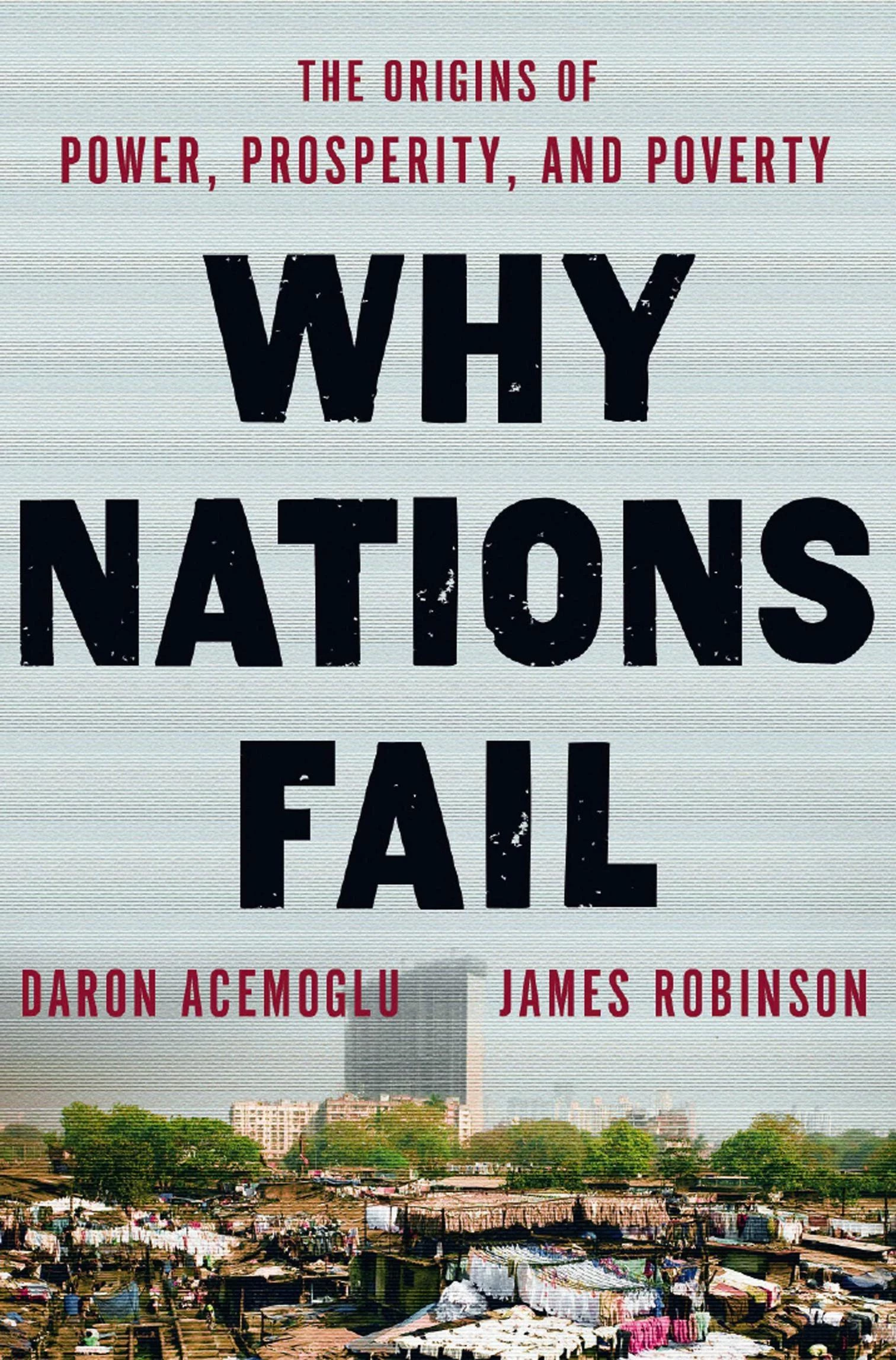
It’s not the economy, stupid. Spain’s current situation calls for an inversion of the campaign slogan that gave Bill Clinton the White House in 1992. Our main problem is not the economy, but our institutions. An unemployment rate exceeding 50% is a truly dramatic situation, but even the most hurtful features of the economic crisis would be tolerable in a context of confidence in the institutions whose responsibility it is to promote policies of recovery and guarantee a fair distribution of the necessary sacrifices. The discredit and the erosion of the legitimacy of our institutions, sequestered by elites that make proprietary use of them, has become an essential element of the Spanish crisis, a ‘state of malaise’ afflicting many other countries with varying intensity. In all of them – from the “we are the 99%” of New York City’s Zuccotti Park to the “No nos representan” of Madrid’s Puerta del Sol – the debate on elites has taken front stage.
In Spain, it is the philosopher Javier Gomá who has most ardently defended exemplary elites as fundamental to any national regeneration project, but the big controversy sparked by the 2012 publication of Why Nations Fail – a work of MIT economist Daron Acemoglu and Harvard political scientist James Robinson that locates the key to nations’ success or failure in their institutions – has put the term ‘extractive elites’ in circulation and reminded us that elites can only be exemplary when the institutional environment forces them to be so. In the framework of development studies, their conclusions about the links between political and economic institutions throw light on the processes that hinder progress in the Third World, but also on dysfunctional elites in prosperous societies.
Launched with overwhelming support from colleagues – including words of praise from no fewer than six Nobel laureates in Economics – the work of Acemoglu and Robinson has also had important detractors, who criticize its almost exclusive attention to institutions and its inability to explain the economic success of non-democratic countries like China, where the absence of pluralistic institutions ought to make sustained growth impossible. But even the authors of the most detailed and critical reviews, such as Francis Fukuyama or Jared Diamond, have written blurbs that acknowledge the plausibility of its basic thesis.
Acemoglu and Robinson explain how the so-called ‘extractive elites’ (a term coming from previous articles on the Potosí mines or Caribbean plantations, where silver and sugar were extracted through the exploitation of slaves) do not maintain socially dysfunctional institutions out of incompetence or ignorance, but for the sole reason that it is a guarantee of profits for the minorities that control political power. This part of the book’s analysis is immediately applicable to the current Spanish scene, where the corruption of elites, the growth of inequality and the social trauma of unemployment raise doubts about the current mechanisms of democratic representation, a potentially catastrophic process in the absence of institutional reform. We are sick, yes. But it’s not the economy, stupid, it’s politics. Jorge Galindo and Santiago Sierra know this well.






